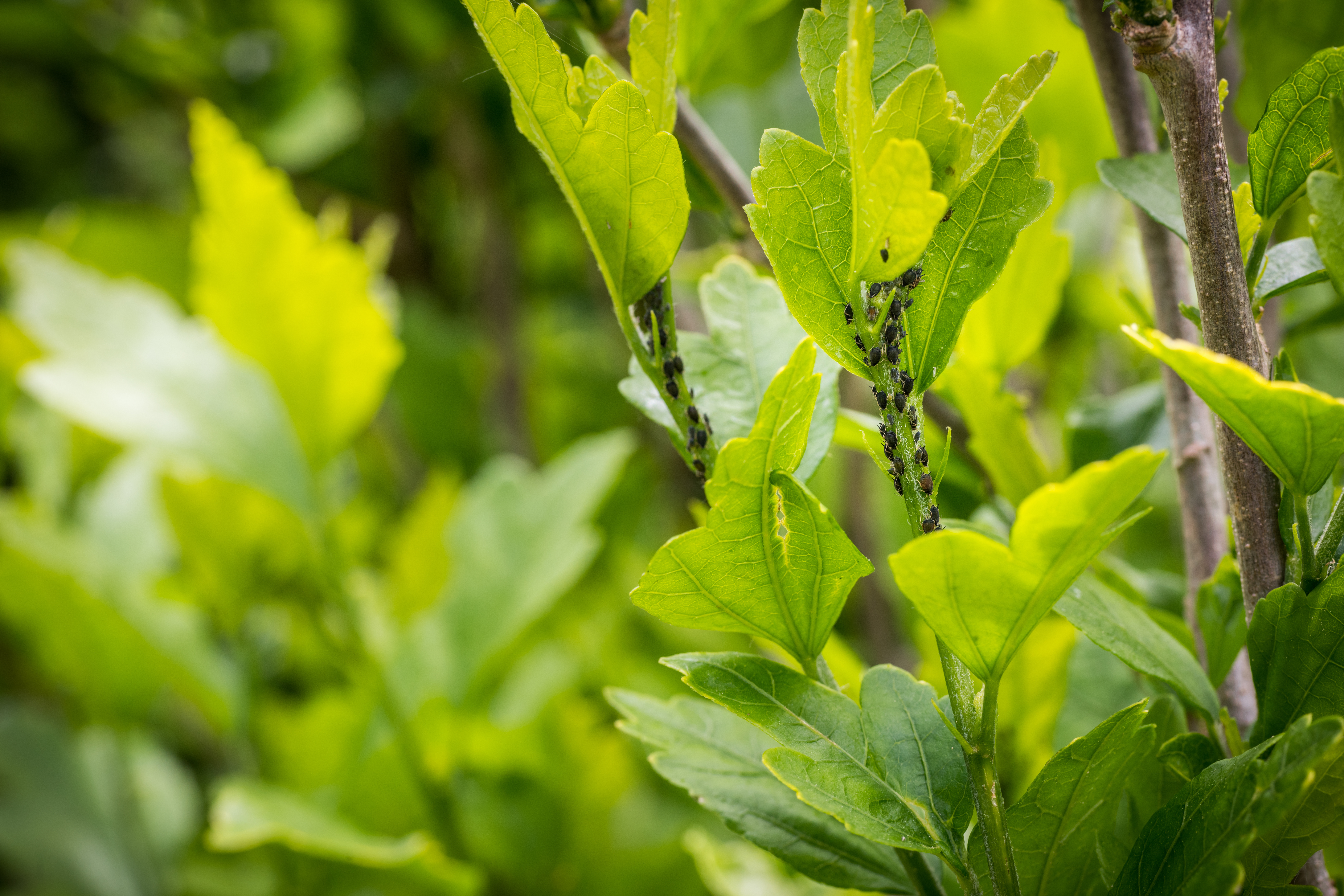Are Aphids Ruining Your Garden?
Maintaining a garden offers many benefits to homeowner. Green spaces add value to your property and contribute to the protection of the environment. A garden delivers a positive impact on your physical and mental health, and all that puttering around has been proven to be therapeutic to the heart and the mind. Moreover, if you choose to plant edibles such as herbs and vegetables, you also get to enjoy the benefits of eating organic, nutritious and delicious food that you grow on your own.
Needless to say, gardening requires commitment. While it tends to be depicted as a calming and relaxing activity, there will also be moments when you may find yourself anxious and worried about your plants. This happens especially if you encounter one of the biggest problems that gardeners all over the world face: the presence of pests. Pests can harm your plants, steal their nutrients, or even kill them.
If you suspect that the health and growth of your plants are under attack by unwanted garden guests, you might want to take a look if your garden is being invaded by an innocent-looking creature: aphids.
Soft, tiny and gently colored, aphids are easy to underestimate because of their small size and their seemingly weak and harmless appearance. Their deceptive looks have shielded them from the pest control measures of many gardeners. It’s often too late before the infestation becomes apparent, and the aphid damage is already fatal to the plant.
The presence of aphids is not always harmful; plants can tolerate them in small to medium populations. However, here’s what every gardener should know: Aphids reproduce very easily and rapidly—in fact, they don’t even need to mate to produce their offspring. Therefore, that “harmless” small group can easily turn into a huge army invading your beloved greens.
Plants Aphids Love
Aphids love to feed on fruits, vegetables and ornamental plants. Their favorite part is the sap, sucking it dry and resulting in stunted growth, discolored leaves and distorted buds and flowers. To make the damage even more serious, aphids excrete a sticky fluid that invites sooty mold to thrive on the leaves. Some species may even inject toxins and spread viruses that cause plant diseases, even death.
What to do about Aphids
Some gardeners use organic methods to control aphids. Pressurized water, insecticidal soap, dormant oil and homemade formulas such as garlic spray have been reported to be effective for eliminating small populations.
However, these DIY treatments can often offer only short-term benefits; you’ve got to religiously re-apply these if you want them to take effect. If you don’t have the time and patience to follow such a painstaking routine, you can simply seek the help of pest control specialists. Schedule your service now with trusted pest control agents who will assess the situation and implement the best solution that will keep the plants in your garden lush, healthy and aphid-free all year round.
What New Gardeners Should Know About Aphids Professional Pest Control Services in Tracy CA
Serving

